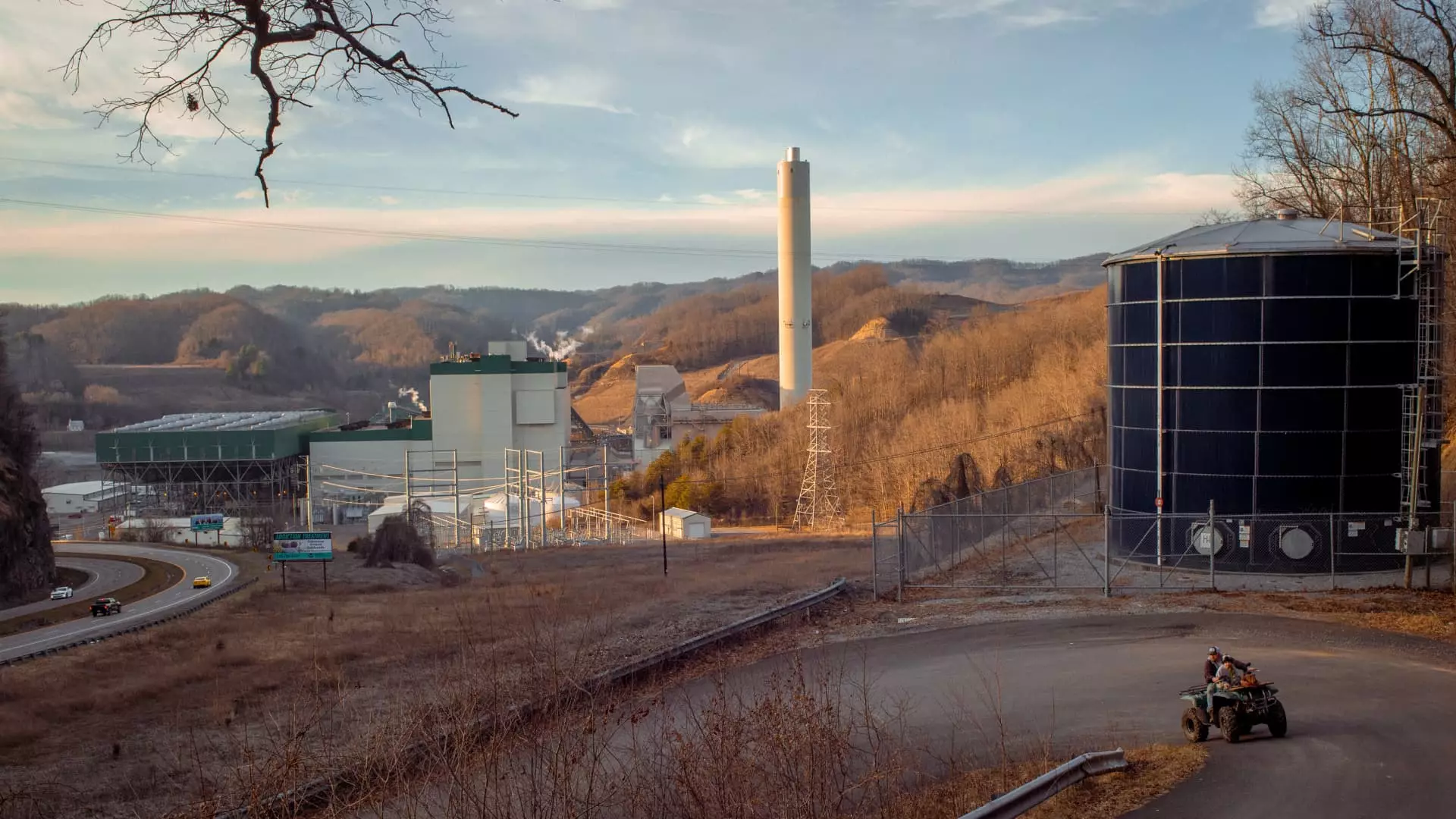In a groundbreaking move that signals a shift in energy production, Dominion Energy is engaging in discussions with several technology companies to explore the development of small modular nuclear reactors (SMRs). This initiative follows a recent agreement with Amazon, aimed at advancing these next-generation energy solutions. As the world grapples with the dual challenges of climate change and energy demand, the timing of this collaboration couldn’t be more critical.
Dominion Energy’s CEO, Robert Blue, expressed optimism during a recent earnings call, highlighting the growing interest from major power users in partnering to implement carbon-free technologies. This enthusiasm is not merely about energy production but reflects a broader commitment to sustainability and innovation in the face of increasing energy consumption, particularly from artificial intelligence-driven data centers.
Small modular reactors offer several advantages over traditional large-scale nuclear plants. With a generation capacity of around 300 megawatts, these reactors are designed to be more adaptable and efficient. Their smaller size allows for easier integration into existing energy frameworks, making them ideal candidates for locations with space constraints. Furthermore, the manufacturing process of SMRs is simpler, potentially lowering costs and expediting deployment timelines.
Despite these benefits, the path to commercial viability has been fraught with challenges. Currently, there are no operational small modular reactors in the United States, raising questions about regulatory hurdles, technological maturity, and investment stability. However, the interest from established tech giants indicates a robust demand for reliable and clean energy sources, which SMRs could fulfill.
Virginia’s reputation as a pro-nuclear state presents a unique advantage for Dominion Energy in this venture. The state’s strong bipartisan support for innovative nuclear projects provides a favorable environment for developing SMRs. This collaborative spirit is echoed by Amazon’s commitment to work alongside Dominion, exploring the feasibility of constructing a new reactor near the North Anna nuclear station. In a sector where cooperation is key to overcoming barriers, the engagement of tech companies could accelerate progress.
The trend among major corporations indicates a broader shift toward self-sustainability in energy consumption. Companies like Microsoft and Alphabet are actively pursuing partnerships with nuclear energy providers, reinforcing the notion that the demand for carbon-free power is paving the way for expanding nuclear infrastructure. Their strategic investments signify an important pivot, as the energy landscape evolves to meet the needs of a digital and data-driven economy.
As discussions between Dominion Energy and tech firms unfold, the potential implications for the energy sector are profound. The integration of small modular reactors into the energy mix could help transform the way electricity is produced, especially for large-scale users with overwhelming energy demands. The collaboration fosters a hopeful narrative where innovation and sustainability converge. While challenges remain in bringing SMRs to fruition, the collective efforts present a promising avenue for achieving reliable, clean energy for the future. As the U.S. begins to embrace a more diverse energy portfolio, this could mark the beginning of a revolutionary phase in nuclear energy development.


Leave a Reply